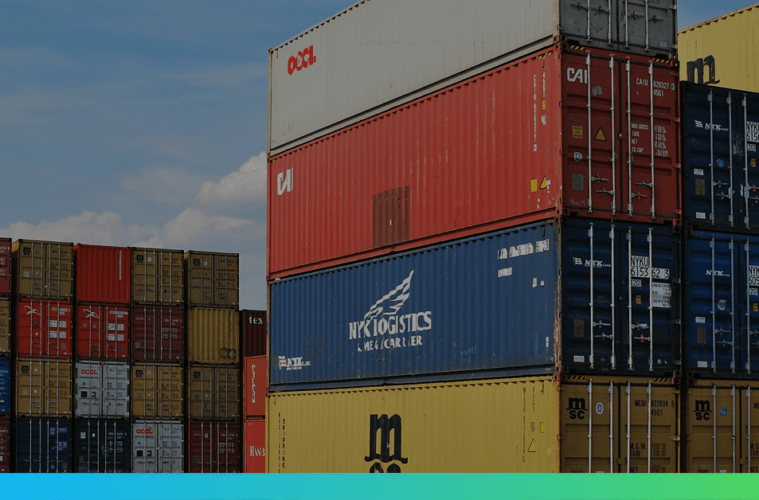Anna Kirby works at Bumfords, a family heating firm, which started out doing local installation work in Barnsley in the late 1960s. Today, the company has continued to grow, and now sells products around the world on international marketplaces, and send the proceeds home using World First.
Anna explains how the company has been stung by exchange rates in the past, but also how they are able to use exchange rates to their advantage.
World First was recommended to us by Amazon. Our German marketplace required us to have a bank account that was registered in Germany, and none of the high street banks could offer this service. In addition, there were no monthly charges with World First and it was simple to set up and operate. We do not currently make any purchases other than in GBP so we need to be able to convert our marketplace proceeds into pounds and pay them into our GBP account.
The way we’ve managed the exchange rates has definitely helped us to save money. Using forward contracts (agreeing an exchange rate for a payment to be made later on) has saved us money, and we also save day-to-day as the conversion fees are lower than the bank charges.
Currently we have a euro forward contract in place. World First were very proactive and called me to explain how it would work when the rates were in our favour in September (approx. 1.34). We now have a six month forward contract in place. Currently, every time we have money deposited from our marketplaces we get a call from our account manager asking if we would like to draw down from the contract.
However, it’s fair to say that we have, in the past, been stung by the exchange rates. When we first started using World First, the euro exchange rates were very favourable to us – as low as 1.25 – and we built up a considerable balance. At that time, we did not need the cash in our GBP account so we let it build up in our euro account. Unfortunately, the exchange rate started to move against us and instead of transferring the cash out and losing a little bit we left it and left it hoping the rate would improve.
When it didn’t, we were in a position where we did need the cash and were forced to convert it a much lower rate for us. This was a significant lesson learnt for us. Along the way we started to use rate alerts to let us know if rates increased or decreased significantly and then we also started to put into place firm orders (transferring the funds automatically as soon as a specified rate is hit) to take advantage of any movements in exchange rates. This meant we were able to transfer our money at the best time for us even when I was on holiday!
I would definitely encourage other small businesses like ours to explore whether they could make more of their FX dealings, and whether they’re actually losing out because of the rates. For us, the forward contract has helped us enormously with pricing. Otherwise the exchange rate could be very volatile and it was difficult to predict what the rate would be when we came to convert the funds.
And on World First specifically, our account manager has been very friendly and helpful and has explained the jargon in simple terms. Our online account is very simple to understand and use.
World First can help your business with your currency strategy this year. Get in touch to find out more.


